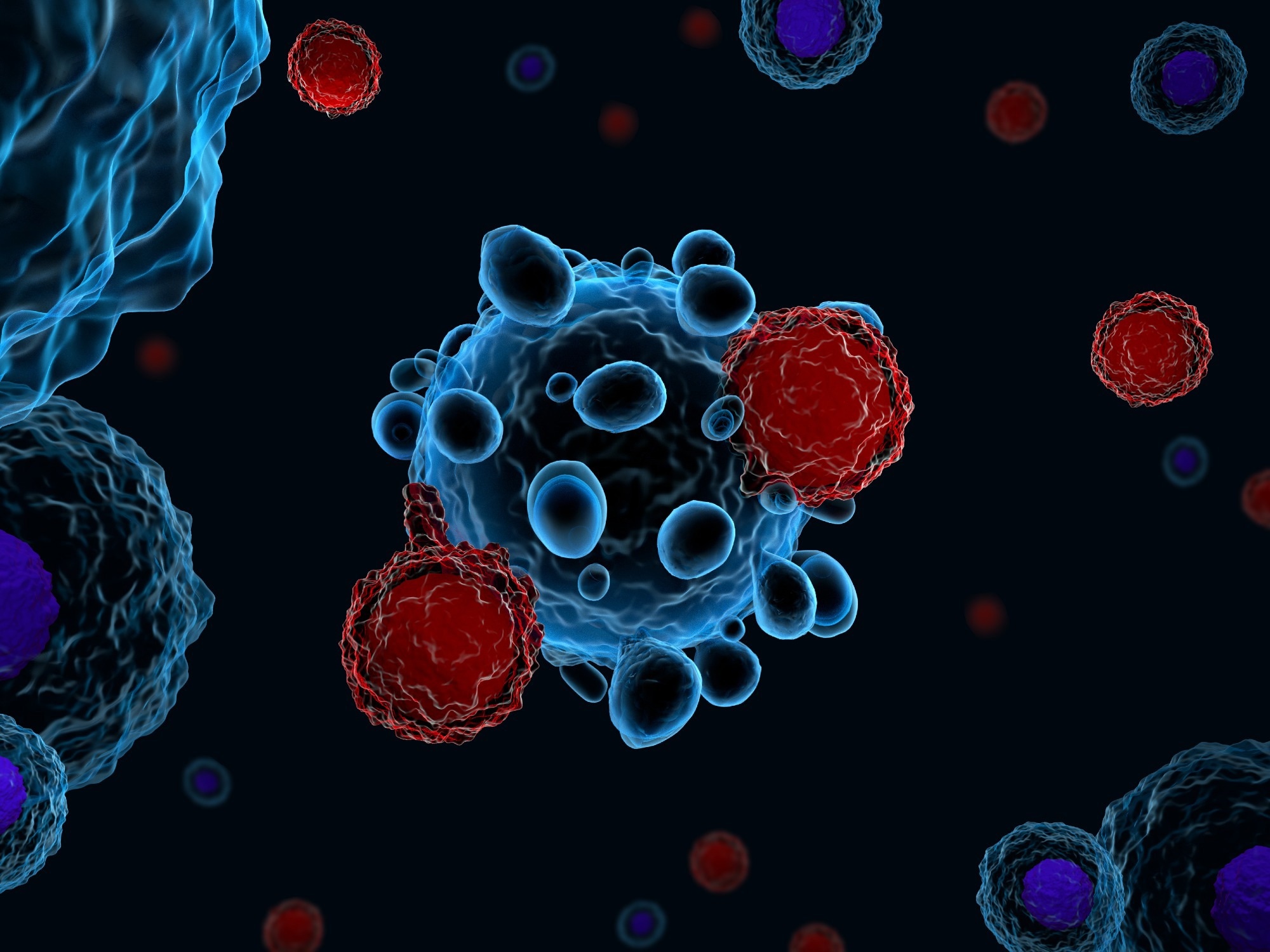Of course it is frivolous to compare a novel with a song, a brilliant theory with a bold action, a picture with an architectural design. And yet we, the extended feuilleton editors of the FAS, allowed ourselves the fun of gathering a few people who particularly impressed us this year. And voted on who we thought stood out.
1st place: The Iranian freedom fighter
The Iranian freedom fighter goes by many names. Her name is Fahime Karimi, she is a volleyball coach and mother of three small children. Because she takes part in protests, she is arrested and is now sentenced to death. Her name is Nika Schakarami and she is 16 years old when she leaves the house at noon on September 20 with a towel and a bottle of water. She’s never coming back.
A video shortly before her murder shows her in a public square without a headscarf. She holds a microphone in her hand and starts a love song. She sings and stops laughing. Her name is Niloofar Hamedi. She is a journalist. She is the first to publicize the story of Jina Mahsa Amini. On Twitter, she shares a photo of Jina Mahsa Amini’s parents in the hospital hugging and crying. She is arrested for this and is now in solitary confinement in Evin prison.

September 2022, a demonstrator without a hijab protests on the streets of Tehran
:
Image: picture alliance
The Iranian freedom fighter is many. We don’t know every one of their names. She is Persian and Azerbaijani. She is Kurdish and Baluchin. The Iranian freedom fighter is straight, and she is a lesbian, like activists Sareh Hamedani and Elham Chubdar, who were sentenced to death before the protests began.
The Iranian freedom fighter is a traditional woman from the village and a modern woman from the big city. She is old and she is young. She is poor and she is rich. She is sister, daughter, mother, niece. She is a teacher, she is an athlete, she is a pupil, a student. She makes no compromises. She’s desperate and she’s brave. She is probably much more.
What unites them is their call: “Women, life, freedom”. She has shaken the foundations of the Iranian regime like never before. Nobody expected that, maybe not even she herself. (Ronya Othmann)
2nd place: Serhij Zhadan
He still found time to write during the war that Russia started against his country, Ukraine. Serhij Zhadan wrote a song with his band, and poems, and entries on Facebook, acceptance speeches for the awards he received this year: the Peace Prize of the German Book Trade. The Freedom Prize of the Frank Schirrmacher Foundation. The Hannah Arendt Prize for Political Thinking, which was presented to him in Bremen on Friday of this week.

The Peace Prize winner of the German book trade, Sehij Zhadan, at the award ceremony on October 23, 2022 in the Paulskirche in Frankfurt
:
Image: Reuters
Serhiy Zhadan continues to broadcast, on all channels, from the war: Before February 24, the day of the Russian attack, he was certainly the best-known Ukrainian author of his generation, but since then he has become a face of the entire Ukraine in the resistance.
From this resistance, he not only speaks to the rest of the world, reports on the horrors and crimes against humanity and everyday life: Zhadan speaks first and foremost to his own people, via social media, on Instagram. He’s a charismatic, a rock star and maybe that’s why he’s such a talented organizer of solidarity.
On the other hand, anyone who writes from a safe distance about Serhij Zhadan in the war runs the risk of writing himself into a deceptive pathos: this story is simply too good to have a bad ending. But Zhadan then reliably pulls you out of this pathos himself, pushing you back into the bitter reality of the situation with his statements. In which, unlike most poetry, things are fairly simple and clear.
“We don’t support our army because we want war,” Serhij Zhadan said in October in Frankfurt’s Paulskirche when he received the peace prize, “but because we absolutely want peace.” (Tobias Rüther)
3rd place: Salman Rushdie
It then happened on a Friday, August 12, 2022, in Chautauqua, America. Salman Rushdie had gone on stage to speak about the USA as a place of exile for persecuted authors (like himself), a young man pounced on him, stabbed him and was overpowered.
So it happened at one of those performances that Rushdie has been doing for a long time because, as he has explained, he “just wants to live his life” because he doesn’t want to hide anymore, even though the fatwa against him has never been formally lifted . He lost an eye in the attack and can no longer move his hand.

The writer Salman Rushdie
:
Image: AP
Rushdie is 75 years old, 34 of which he has lived with the death sentence imposed on him by Ayatollah Khomeini, the Iranian revolutionary leader, in 1988 because Rushdie’s novel The Satanic Verses allegedly insulted the Prophet.
The Chautauqua assassin is on trial, has pleaded not guilty, has not given a motive, and in Iran people are taking to the streets incessantly to force an end to the Islamist reign of terror that almost killed Rushdie. He has been the symbol of freedom of speech since 1988, he represents the fate of all authors who were persecuted, imprisoned, tortured or murdered because of their texts.
But he has also been a pioneer of literature from the Global South for much longer: with his exuberant novels, which appeared long before “Verse” and have since appeared to this day.
Rushdie’s new novel, Victory City, is out on February 7, 2023; the German translation of the story, set in 14th-century India, will follow on April 20th. Salman Rushdie is alive. (tob)









